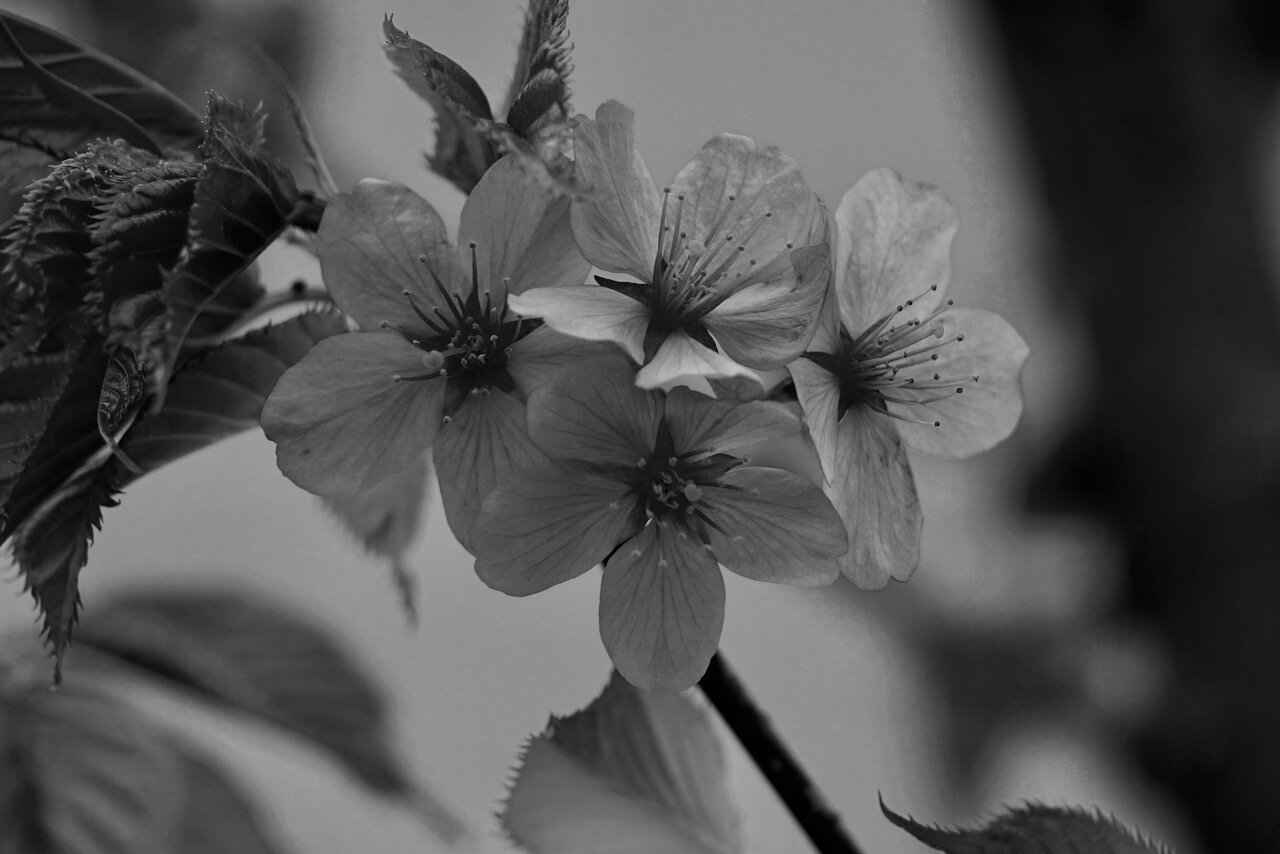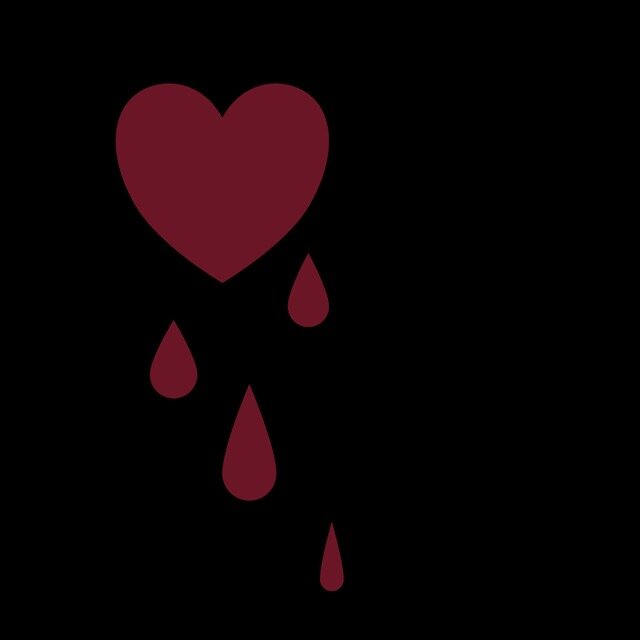
Life Stories - Love | Michael Faraday (1791-1867)
“You know me as well or better than I do myself. You know my former prejudices, and my present thoughts — you know my weaknesses, my vanity, my whole mind ; you have converted me from one erroneous way, let me hope you will attempt to correct what others are wrong. Again and again I attempt to say what I feel, but I cannot.”

Escape from Nazi Terror | Science History Institute
“I cannot find words to express my gratitude for all you have done for us these last 7 months. Without your generous help dear Max, we would have never been able to escape the big misery in which we found ourselves. Our situation has often been very desperate, and the indescribably generous and huge help that you have given us has helped us to survive this most difficult time in our lives.”

The Newton Mess | Science History Institute
“Only a handful of people had seen the papers since Newton’s death, in 1727. Newton had been orderly in his arrangements, and in the weeks leading up to his death had destroyed some papers. But, oddly, he left no will nor any provision for the manuscripts he left behind.”

The Day Marie Curie Got Snubbed by the French Science World | PBS NEWs Hour
“And Curie still is not a member of the French National Academy.
Marguerite Perey, a French physicist who discovered the element francium, was the first woman to be elected, although this did not occur until 1962, more than half a century after Curie’s defeat.”

Delia Akeley and Osa Johnson’s Early 20th Century Ecomedia and Colonial Extraction | Lady Science
“Baby elephant Toto Tembo died shortly after the Johnsons sold him to the St. Louis Zoo. And two male gorillas, Mbongo and Ngagi, they sold to the San Diego Zoo drew scientists “from around the world to observe their behavior.” Like so many historical figures in museum expeditions and zoo acquisitions the question remains of how to recognize the value of their contributions and still hold them accountable for the harm done.”

Six Dots: The Remarkable Life and Legacy of Child Inventor Louis Braille - Brain Pickings
“Illustrated by the Brooklyn-based Russian artist Boris Kulikov, the empathy-inviting first-person narrative traces young Braille’s immensely inspiring story, beginning with his premature birth, which he survived to be healthy and curious little boy.”

The art of lecturing | Michael Faraday | Book Excerpt
“In spite of his recourse to aids in acquiring elocutionary excellence, his own style remained simple and unspoiled. " His manner," says Bence Jones, " was so natural, that the thought of any art in his lecturing never occurred to anyone. For his Friday discourses, and for his other set lectures in the theatre, he always made ample preparation beforehand.”

This Bird Lives Because She Never Quit | Audubon Society
“Hamber doesn’t say it aloud, but AC4’s homecoming also bears witness to the long-ago dreams of that 10-year-old girl who defied the conventions of her time, spread her wings, and became a biologist. Her voice softens. “After all the effort, seeing that bird flying free and nesting in the same canyon where he was born...it’s a beautiful circle.”

Discovering Dennis Ritchie's Lost Dissertation - Computer History Museum Blog
“It may come as some surprise to learn that until just this moment, despite Ritchie’s much-deserved computing fame, his dissertation—the intellectual and biographical fork-in-the-road separating an academic career in computer science from the one at Bell Labs leading to C and Unix—was lost. Lost?”

The Female Physician Who Popularised the Pap Smear | BBC
“Dickens saw the Pap smear as an opportunity to change this lopsided narrative and prevent thousands of needless black deaths. She framed her aim in terms of racial progress. “It is necessary that expectant mothers have early and adequate pre-natal care in order that we may build a race physically strong and free from disease,” she told the Philadelphia Tribune in 1946.”

Early Life | Galileo Galilei (1564-1642)
“In the sister art his talent was equally striking, and as a lad he showed considerable skill in drawing and painting. In later life he used to tell his friends that, had circumstances permitted him to choose his own career, he would have elected to become a painter.”

Early Life | Alfred Russel Wallace ( 1823-1913)
“My two sisters were five and seven years older than John, so that they would have been about thirteen and fifteen, which would appear to me quite grown up; and this makes me think that my recollections must go back to the time when I was just over three, as I quite distinctly remember two, if not three, besides myself, standing on the flat stones and catching lampreys.”

The Networks of Women Behind the Polio Vaccine | Lady Science
“Ward and colleagues used notoriously dangerous (and now defunct) oral pipettes. The technique involved sucking on a glass straw to take up liquids before removing the pipette from the mouth to release the liquid into another container. Ward was only ever one strong suck away from getting a mouth full of deadly polio. “

Early Life | Charles Darwin (1809-1882)
“I can say in my own favour that I was as a boy humane but I owed this entirely to the instruction and example of my sisters. I doubt indeed whether humanity is a natural or innate quality. I was very fond of collecting eggs, but I never took more than a single egg out of a bird’s nest, except on one single occasion, when I took all, not for their value, but from a sort of bravado.”

Elizabeth Fulhame, a Forgotten Chemistry Pioneer | Physics Today
“It wasn’t unusual for women in the 18th and 19th centuries to receive a basic science education, take an interest in the latest scientific advances, and dabble in practical experimentation. But the idea that women could develop new theories and advance the field of science was well beyond societal expectation.”

Early Life | Louis Pasteur (1822-1895)
“But those who would decorate the early years of Louis Pasteur with wonderful legends would be disappointed: when a little later he attended the daily classes at the Arbois college he belonged merely to the category of good average pupils.”

On Mary King Ward, 19th-Century Celebrity Scientist | LitHub
“The morning of her death, Ward had just written to her publisher to say that she didn’t want to reprint her Telescope Teachings book. Her reason: in the decade since its first printing, it had become “altogether behind the present state of the subject—I am desirous it should be a useful book and in no-wise out of date for 1870.”

The Last Love of Jonas Salk | Nautilus
“She had no interest in meeting him—she thought scientists were boring. But soon afterward, he came to New York and invited her to have tea at Rumplemayer's. “He didn't have tea; he ordered pistachio and tangerine ice cream,” she recalls. “I thought, Well, a scientist who orders pistachio and tangerine ice cream at five o'clock in the afternoon is not like everybody else!” Sourced from Vogue /Life After Picasso

Early Life | Michael Faraday (1791-1867)
“We know little of his schooling there could, indeed, be little to know and in 1804, at the age of 13, he was engaged as an errand boy at a bookseller's shop in Blandford Street. Newspapers in those days were expensive articles and, except by the very wealthy, were hired, and not bought. One part of Faraday's duties was to take out these papers to the different borrowers, and to collect them when the allotted number of hours had expired.”

Wings of Desire / Nikola Tesla's Fantastic Secret | Cabinet Magazine
“By 1921, Tesla was even bringing some pigeons back to his room at the St. Regis hotel, providing basket nests near open windows so that his guests could come and go as they pleased. After a while, “great flocks of them would come to his windows and into the rooms, and their dirt on the outside of the building became a problem to the management and on the inside to the maids.”